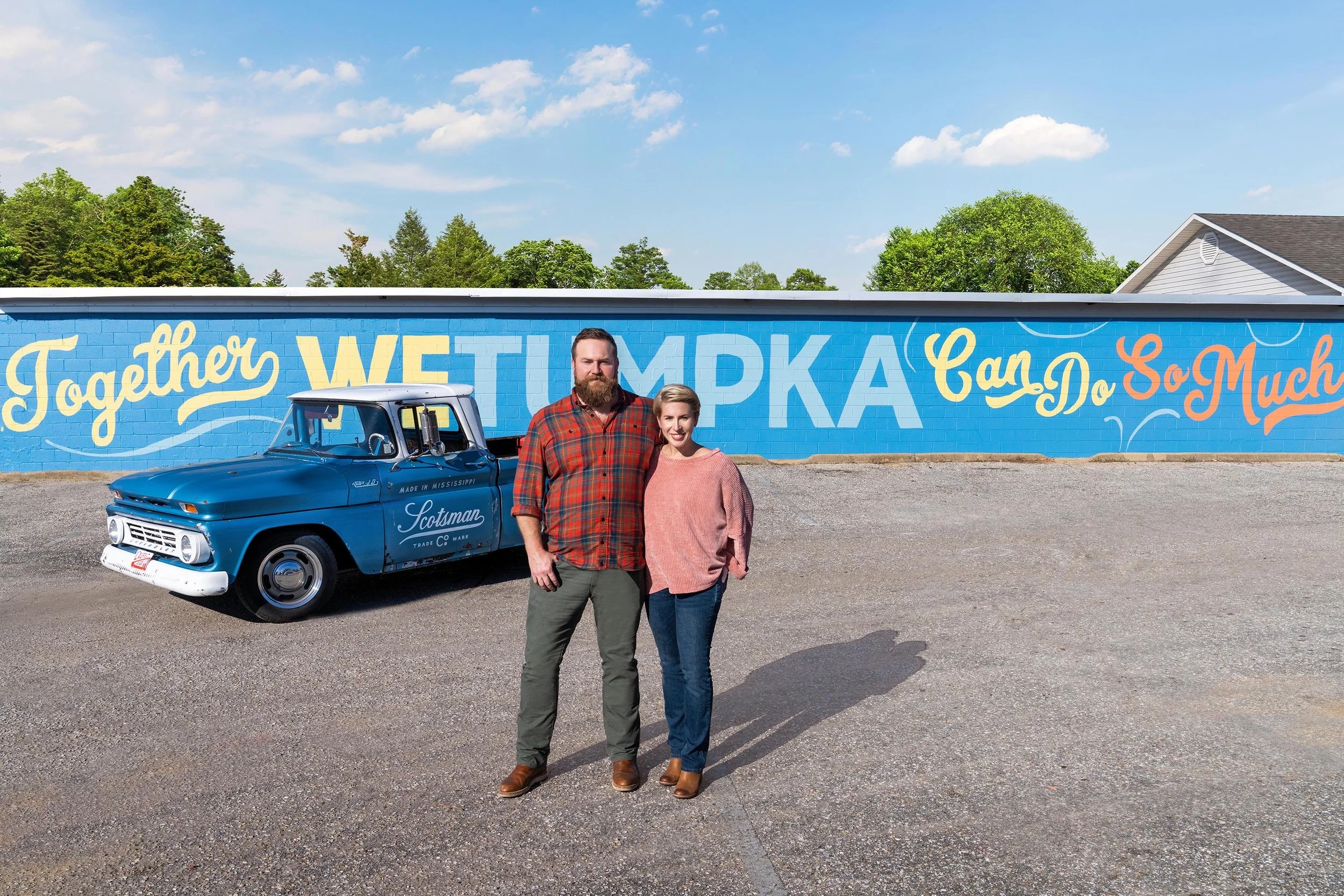No, Revitalizing Rural America Isn't A Lost Cause. But the Way You're Thinking About it Might Be.
”There are powerful forces behind the relative and in some cases absolute economic decline of rural America — and the truth is that nobody knows how to reverse those forces.”
That’s the main takeaway (and the single biggest bummer-sentence) of a recent New York Times column from Paul Krugman, entitled “Getting Real About Rural America.” And in many ways, he’s exactly right.
When it comes to their economic prospects, at least, rural towns have been left behind, not just by global economic trends that have made food production a global enterprise, but by state and local leaders who struggle to figure out what to do with their agrarian and former-farming communities. Jobs are scarce, but no global company wants to set up shop in the middle of a corn field. That collaborative spark that creates enduring home-grown businesses can be a challenge when neighbors, by design, live acres apart from one another, and when even county seats often don’t have the population to support universities and other hubs of innovation. We could pump federal resources into these places, but as Krugman points out, comparable programs in other countries have failed, even with universal healthcare, childcare, and robust infrastructure funding a virtual non-issue.
So the Strong Towns team read this article, and obviously, we had just one thing to say: eh, who really needs rural communities anyway?
Kidding! Kidding!! Rural communities are some of the most vitally productive and important places in North America—and a whole lot of our staff has lived in them. But if we continue to try to solve their problems using the typical toolbox of top-down solutions—as Krugman does in his column—it can be pretty darn hard to make them financially strong.
This week on Upzoned, regular host Kea and soon-to-frequent guest John Reuter dig deep into the under-appreciated value of rural communities, and why if we use a new set of strategies to cultivate that value, their prospects for revitalization actually look pretty good. Reuter is a Strong Towns board member, a former councilman in Sandpoint, ID, and a former resident of various rural communities across the Mountain West (though these days, he calls the big city of Seattle home, where he works for the League of Conservation Voters). And he has some fascinating insights on what sort of economic development solutions do work in towns with more cows than people—including one unmissable anecdote about how one Idaho town created an enduring local business, inspired by a religious dream about bleu cheese salad dressing. (Yes, really.)
Then in the Downzone, John and Kea talk about how they’re staying entertained during their respective rainy seasons: Tara Westover’s memoir of growing up in a family of survivalists for Kea, and for John, a little-known television program called Game of Thrones. Be sure to stay tuned in for his thoughts on the infrastructure challenges of Winterfell.
Top photo via Creative Commons.



Not only does supporting local farms help with your place’s local economy, but it also has the potential to create a flourishing and connected culture of people—as seen in these stories from Brattleboro, VT.